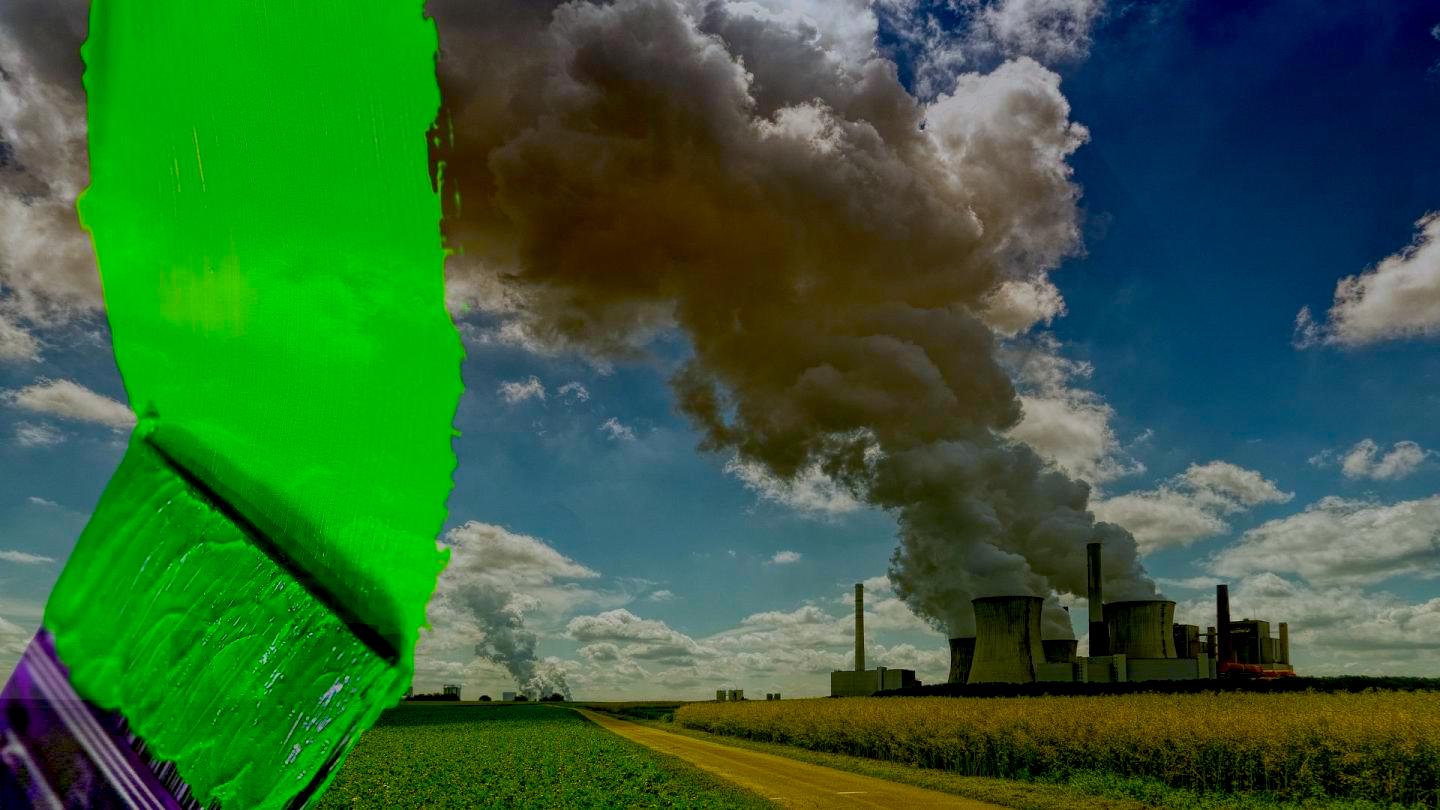More than 12,000 businesses have now set net zero climate targets, with the number constantly growing. But rising in tandem with these targets is the concern that they have “varying levels of rigor and loopholes wide enough to drive a diesel truck through,” as UN secretary general Antonio Guterres put it.
Speaking at COP27, he said that using net zero pledges while expanding fossil fuels was “reprehensible”, “rank deception”, and a “toxic cover-up that could push our world over the climate cliff.”
“The sham must end,” he said.
To catalyse this much-needed end to greenwashing, Guterres last year set up an expert group to work out how to weed out weak net zero pledges that threaten to undermine global efforts to reduce greenhouse gas emissions in line with limiting warming to 1.5C.
The group was chaired by Catherine McKenna, former Canadian minister for both environment and infrastructure. Over the course of seven months, McKenna and 17 experts appointed by Guterres discussed and consulted on the issue with hundreds of individuals and organisations, incorporating the latest research and science. This week, the group presented its recommendations to delegates at COP27.
Science-based
The ten standards and criteria proposed by the group must be followed by private companies, financial institutions, cities and regions (known in UN-speak as “non-state actors”) when developing net zero commitments. “This is about cutting emissions, not corners,” McKenna said.
The recommendations build on existing and credible initiatives such as the UN’s Race to Zero and the Science Based Targets Initiative under which many companies have set their net zero targets. Firstly, emissions reductions by non-state actors should be “absolute” targets, not “intensity”, which refers to emissions per unit of production and therefore allow for an overall growth in emissions.
They should also include targets to cut emissions in the short, medium and long-term, in line with science which states that global emissions must decline by at least 45 per cent by 2030 and reach net zero by 2050.
Detailed transition plans must be produced, and show immediate emissions reductions, and capital expenditures must be aligned with these targets and the non-state actor’s net zero pathway. The group advocates public reporting of progress, to include verified information that can be compared with peers.
Red lines
But as well as outlining what non-state actors should do, the group also put down red lines on what they should not do. These include claiming to be net zero while continuing to build or invest in new fossil fuel supply, or carrying out deforestation or other environmentally destructive activities are disqualifying.
They also must not buy cheap credits to offset emissions instead of immediately cutting their own emissions. Offsets should only be used to balance out remaining emissions if they are high quality, and once a non-state actor is meeting short and medium term emissions targets.
In addition, non-state actors should only claim to have a net zero target if they are tackling all emissions in their full value chain under scopes 1, 2 and 3. Compensation for executives should be linked to climate action and proven results.
Corporate lobbying is also tackled – this must not undermine government climate policies either directly, or indirectly through membership of trade associations or other bodies that oppose targets and regulation. All lobbying, governance and business strategies should be aligned with climate commitments.
If the push to net zero is done well it can accelerate the energy transition while incorporating business resilience to climate shocks. But if it is done badly, it could tip the world into dangerous levels of warming. The new standards will show the real net zero leaders from those who wish to hide their real environmental impacts from scrutiny.





